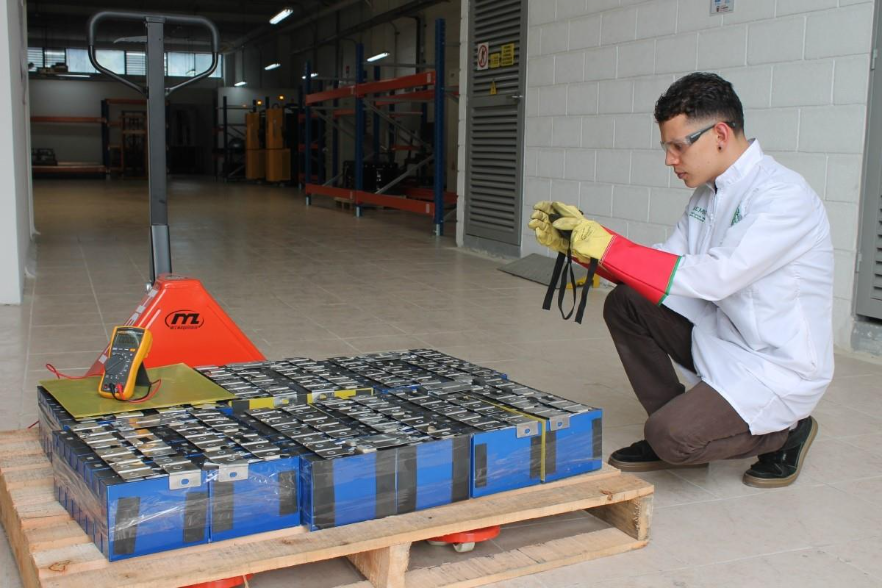Z7_89C21A40L06460A6P4572G3JN0
 Inglés UdeA - Cabezote - WCV(JSR 286)
Inglés UdeA - Cabezote - WCV(JSR 286)
Z7_NQ5E12C0L8BI6063J9FRJC1MV4
 Signpost
Signpost
Portal U de A
Z7_89C21A40L06460A6P4572G3JQ1
 A "battery clinic," a novel initiative born from the UdeA-Tronex partnership
A "battery clinic," a novel initiative born from the UdeA-Tronex partnership
Z7_89C21A40L06460A6P4572G3JQ3
 Portal U de A - Redes Sociales - WCV(JSR 286)
Portal U de A - Redes Sociales - WCV(JSR 286)
Z7_89C21A40L0SI60A65EKGKV1K57




 The project was one of the winners of the "From Battery to Potential" award, granted by the Inter-American Development Bank in 2025. This award recognizes transformation and innovation initiatives in the energy sector that contribute to environmental protection and energy recirculation. Photo: Faculty of Engineering, UdeA
The project was one of the winners of the "From Battery to Potential" award, granted by the Inter-American Development Bank in 2025. This award recognizes transformation and innovation initiatives in the energy sector that contribute to environmental protection and energy recirculation. Photo: Faculty of Engineering, UdeA